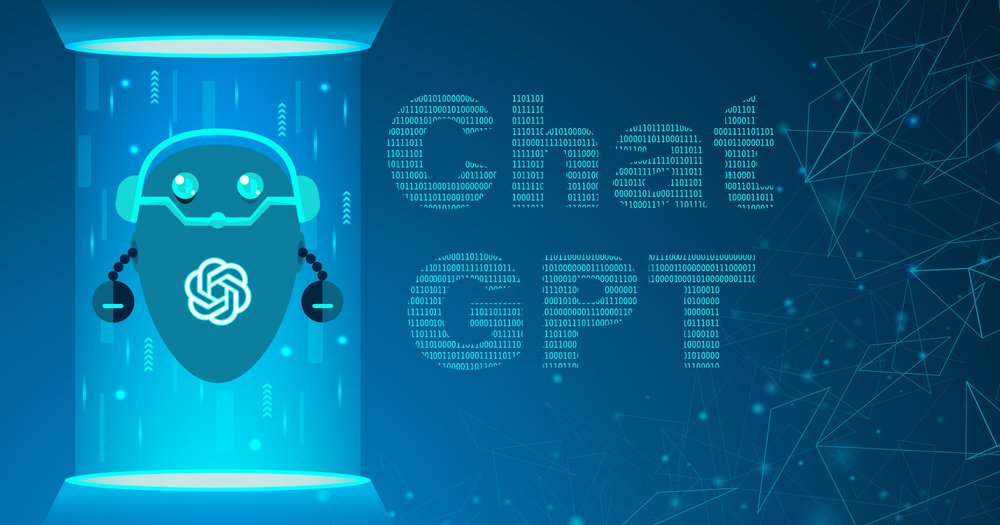Study: GPT-4 can help clinicians with physical exam guidance

Recent advancements in artificial intelligence, specifically large language models (LLMs), are transforming the healthcare landscape. A study published in the Journal of Medical Artificial Intelligence highlights GPT-4's ability to provide detailed physical exam recommendations based on patient symptoms. This finding underscores the potential for AI to enhance diagnostic practices and address knowledge gaps among clinicians.
How does it work?
In the study conducted by researchers from Mass General Brigham, GPT-4 was prompted to suggest physical exam instructions tailored to specific patient symptoms, such as "leg pain upon exertion" or "lower abdominal pain." The model's responses were evaluated by three attending physicians for accuracy, comprehensiveness, readability, and overall quality. GPT-4 achieved an impressive performance, scoring at least 80% of the possible points across various criteria.
As Dr. Marc D. Succi, senior author of the study, explained: "LLMs have the potential to serve as a bridge and parallel support physicians and other medical professionals with physical exam techniques and enhance their diagnostic abilities at the point of care."
While GPT-4 demonstrated strong capabilities, occasional vagueness or omissions highlighted the importance of combining AI-generated insights with physician expertise for comprehensive patient care.
Why does it matter?
Physical exams are critical tools in diagnosing medical conditions, yet knowledge gaps can hinder their effectiveness, particularly for less experienced clinicians or those in resource-limited settings. By offering precise guidance based on symptoms, GPT-4 could empower healthcare professionals to perform more accurate and patient-specific examinations.
Lead author Arya Rao noted: "GPT-4 performed well in many respects, yet its occasional vagueness or omissions in critical areas, like diagnostic specificity, remind us of the necessity of physician judgment to ensure comprehensive patient care."
The integration of LLMs into clinical workflows could help early-career physicians and those working in underserved areas overcome knowledge limitations, ultimately improving healthcare delivery.
The context
The potential of LLMs like GPT-4 to aid in physical exams is part of a broader exploration of AI in medicine. While prior research has focused on using AI for diagnostic support, this study uniquely emphasizes its role in physical examination guidance — a relatively untapped application.
The researchers envision future developments where real-world patient cases fine-tune LLMs, making them more adept at addressing diverse clinical scenarios. They also anticipate these tools playing a larger role in clinical decision support and medical education, bridging gaps in knowledge and enhancing diagnostic capacity.
As healthcare continues to adopt AI, studies like this provide a roadmap for integrating innovative tools to complement human expertise, ensuring better outcomes for patients.
💡Did you know?
You can take your DHArab experience to the next level with our Premium Membership.👉 Click here to learn more
🛠️Featured tool
 Easy-Peasy
Easy-Peasy
An all-in-one AI tool offering the ability to build no-code AI Bots, create articles & social media posts, convert text into natural speech in 40+ languages, create and edit images, generate videos, and more.
👉 Click here to learn more


